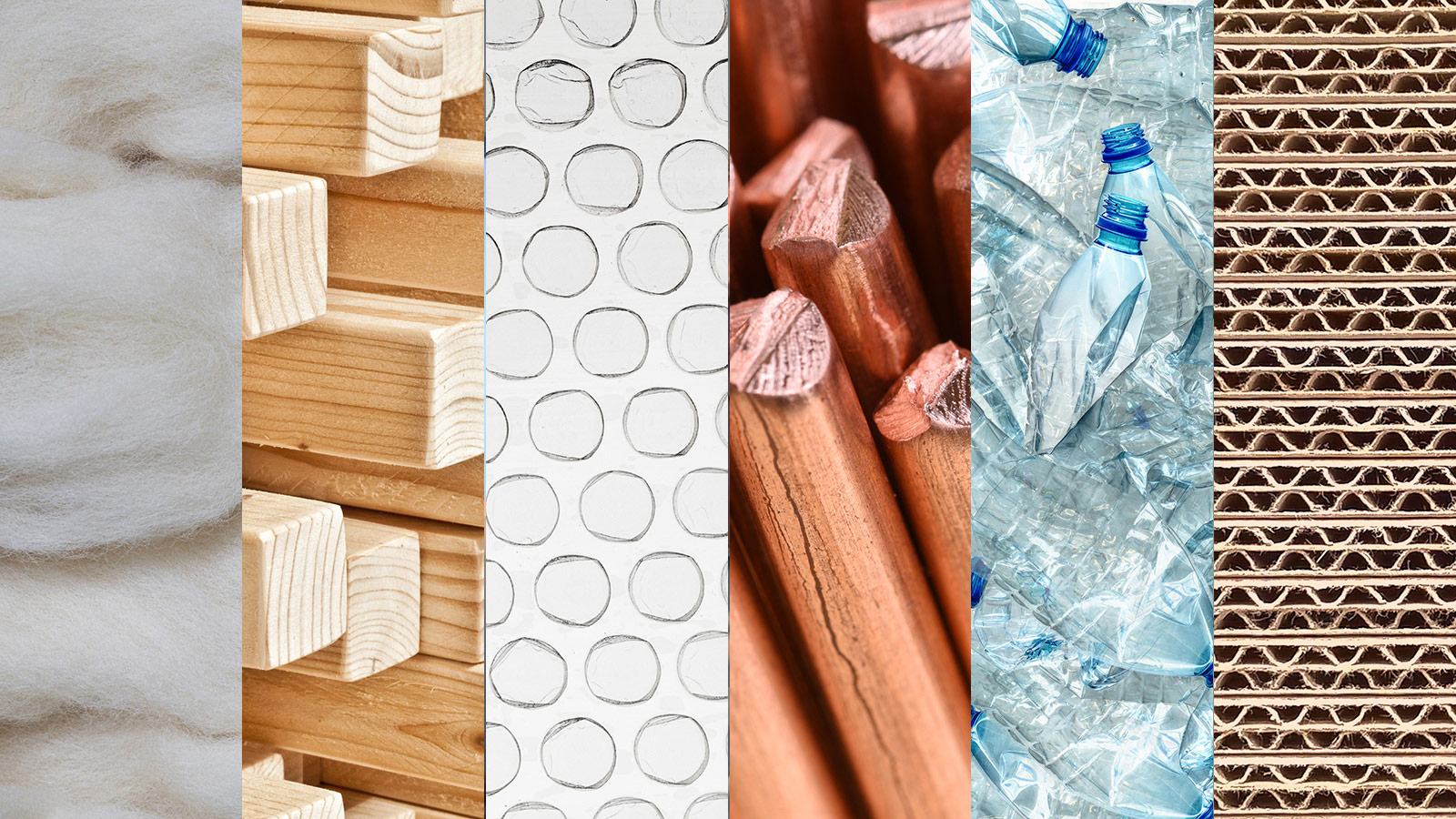The new European regulation, the Critical Raw Material Act, aims to reduce Europe's dependence on rare resources such as earth metals needed for the energy transition. Because, euro commissioner for industry Thierry Breton indicated on European news site Politico: "We should not replace one dependency with another." What exactly does this new regulation entail? And how will it affect your organisation?
A solar panel, a battery for an electric car, a large wind turbine, an installation for geothermal energy; these are all examples of techniques needed for the energy transition. And techniques that are made of rare and difficult to extract materials, such as earth metals. This is precisely the paradox the euro commissioner is referring to. In our transition towards independence from fossil fuels, we must be careful not to create a new dependency, namely dependency on those scarce raw materials.
Critical Raw Material Act: for sustainable value chains for critical materials within Europe
The proposed European regulation, the Critical Raw Material Act, should put a stop to this. The regulation aims to establish strong, resilient and sustainable value chains for critical materials within Europe, so that we do not have to get all our batteries from China or cobalt or lithium from mines in Congo. This will reduce geopolitical dependence and pay better attention to undesirable working conditions or human rights violations.
Rules of origin and recycling of critical materials
The Critical Raw Material Act starts from an updated list of exactly what is meant by those 'Critical Raw Materials' for Europe. And defines strategic raw materials needed for sustainable technologies. It also sets rules for the use of critical materials. For example, no more than 65% of the consumption of these raw materials in Europe should come from outside Europe. And a certain minimum of usage must be processed or recycled.
Knowledge development promotes circular economy
To promote all this, it is investing in research, innovation and skills. The creation of the Raw Materials Academy can help to properly apply the new regulation and develop methods and techniques that will make Europe less dependent. Each individual European country should take measures to improve the collection and recycling of waste rich in rare materials. In this way, we will promote the circular economy in Europe.
Part of EU Green Deal
The proposal for the regulation was presented last March and is now before the Council of Europe for approval. Thus, the Critical Raw Material Act is not yet final. The regulation is part of the EU Green Deal. That is a complete package of rules and measures aimed at making Europe 100% climate neutral by 2050, with an intermediate target of reducing greenhouse gas emissions by at least 55% by 2030.
Opportunities for business owners
There are opportunities for companies to capitalise on this impending regulation. Not only with the aim of being compliant, but especially to reduce that dependence on increasingly scarce raw materials. After all, entrepreneurs are already noticing that raw material prices are rising, as are delivery times. In the long run, this development jeopardises the continuity of production processes. Keeping raw materials available will become increasingly important in every business operation.
From insight to grip on critical materials
The first step towards rare resource independence is knowledge of which raw materials are involved and how much they occur in the organisation's waste streams. With this understanding, critical materials can be collected separately. It is then crucial that these materials end up with specialised processors. These can ensure that the materials are recycled and returned to the chain.
Experiencing the Critical Raw Materials Act in a different way? Then listen to European Commissioner Thierry Breton's Spotify Playlist, which he has compiled especially for this purpose
Milgro supports
Milgro conducts scans for organisations on the amount of rare materials in waste. This gives organisations insight into these critical and strategic materials. Milgro also has a network of specialised partners who process 'Critical Raw Materials' sustainably and can close the chain. Curious about our approach? Make an appointment to discuss the possibilities for your organisation.
Stay informed
We regularly publish articles and blogs on the raw materials industry, the circular economy and sustainable waste and resource management. Want to stay up to date? Follow Milgro on LinkedIn or Instagram.










